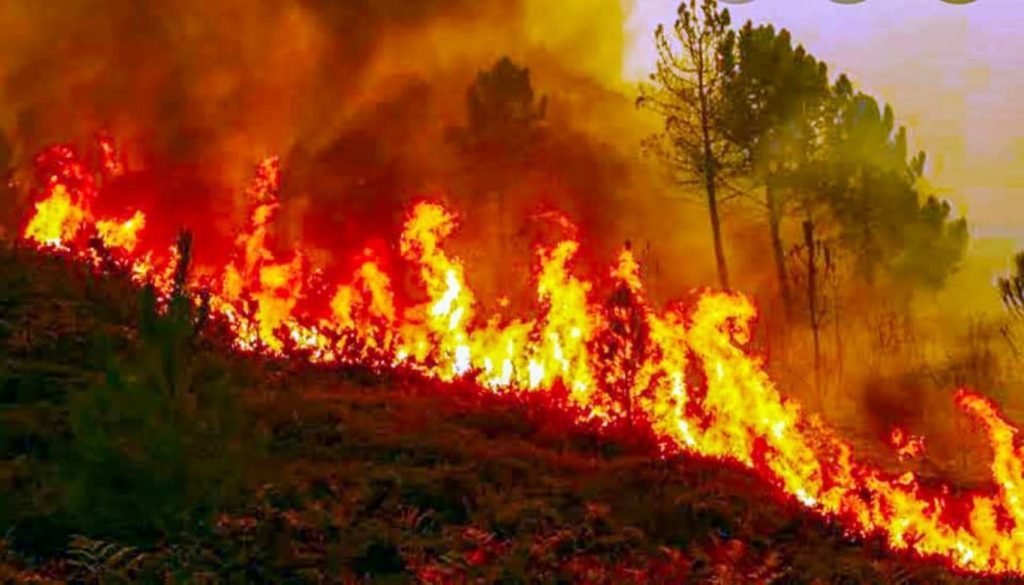Forest fires prevention is of paramount importance in safeguarding our ecosystems, protecting human lives, and preserving the planet’s biodiversity. Forests play a vital role in maintaining the Earth’s ecological balance, serving as habitats for countless species, absorbing carbon dioxide, and producing oxygen. However, when wildfires break out, they can wreak havoc on these delicate ecosystems and have devastating consequences.
Preventing forest fires is crucial for several reasons. Firstly, these fires pose a significant threat to human lives and property. They can spread rapidly, engulfing vast areas of land and posing a direct danger to nearby communities. The smoke generated from forest fires also poses severe health risks, particularly to individuals with respiratory conditions. By implementing preventive measures, such as firebreaks, controlled burns, and early detection systems, we can reduce the risk of fires spreading out of control and minimize their impact on human lives and infrastructure.
Secondly, forests are invaluable reservoirs of biodiversity. They provide a home to countless plant and animal species, many of which are endemic and found nowhere else in the world. Forest fires can have devastating effects on these ecosystems, leading to the loss of habitat, displacement of species, and even extinction. By preventing forest fires, we can protect these delicate ecosystems and maintain the incredible diversity of life that relies on them.
Furthermore, forests play a critical role in mitigating climate change. Trees act as carbon sinks, absorbing carbon dioxide from the atmosphere and storing it in their biomass. When a forest fire occurs, this stored carbon is released back into the atmosphere, exacerbating global warming. Preventing forest fires helps to preserve these carbon sinks, reducing greenhouse gas emissions and contributing to efforts to combat climate change.
Prevention is the key to reducing the occurrence and severity of forest fires. This involves a multi-faceted approach that includes public awareness campaigns, community education, and strict enforcement of fire safety regulations. It is crucial to educate individuals living near or visiting forested areas about the dangers of careless activities that can spark a fire, such as improper campfire management, discarded cigarettes, or using machinery that can generate sparks.
Additionally, proactive measures such as creating firebreaks, clearing dry vegetation, and implementing controlled burns can significantly reduce the risk of uncontrolled wildfires. These practices help manage fuel loads and prevent the accumulation of combustible materials, limiting the intensity and spread of fires when they do occur.
Investing in early detection and monitoring systems is another crucial aspect of forest fire prevention. Advanced technologies, such as satellites, drones, and remote sensing, can aid in detecting fires at their early stages, allowing for swift and targeted response efforts. Timely detection and intervention can prevent fires from escalating and minimize their environmental impact.
In conclusion, forest fire prevention is of utmost importance due to its wide-ranging ecological, social, and environmental implications. By prioritizing preventive measures, raising public awareness, and implementing effective fire management strategies, we can protect our forests, preserve biodiversity, and mitigate the devastating effects of wildfires. Through concerted efforts and global collaboration, we can strive towards a future where our forests are resilient and continue to fulfill their vital roles in sustaining life on Earth.

